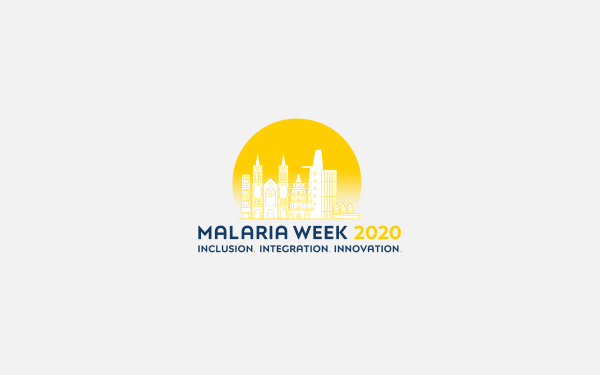Asian Development Bank (ADB) Regional Malaria Trust Fund Meeting (Monday 4 December)
“Resources are not unlimited; they are very limited. With our resource constraints, efficiency is very, very important for us. To tackle our elimination targets, we must make rational use of our resources.” Dr Zaw Lin, Deputy Malaria Program Manager, Myanmar
At the first meeting of Malaria Week 2017, partners convened to discuss the success of the Asian Development Bank’s (ADB) financing mechanism for malaria – the Regional Malaria and Other Communicable Disease Threats Trust Fund (RMTF) – as well as the critical need to re-commit to malaria elimination funding in the Greater Mekong Subregion.
Since 2014, the ADB has leveraged nearly US$30 million support from the governments of Australia, Canada and the United Kingdom to almost US$200 million in funding for malaria elimination activities. As the first round of RMTF funding finishes at the end of 2017, the discussion during this session inevitably turned to other critical opportunities for malaria funding in the region.
Dr Rima Shretta of the University of California San Francisco (UCSF), outlined her recent research that suggests a clear and significant windfall for countries who commit to malaria financing. The regional investment case, developed by the UCSF Malaria Elimination Initiative, indicates that regional elimination in Asia Pacific is possible by 2030. With increased malaria funding to achieve this goal, more than US$90 billion can be saved and invested in other health priorities. Increased funding also has the potential to save more than 400,000 lives.
On the crucial topic of mobile and migrant populations, Montira Inkochasan, Regional Migration Health Programme Support Officer at the International Organization for Migration (IOM) in Bangkok outlined three important keys to success in expanding access to malaria care for vulnerable groups:
- Partnership: Work hand-in-hand with key stakeholders – such as community leaders and employers – in implementing settings from the beginning.
- Resources and supplies: Strengthen capacity of local government and malaria staff; ensure there are adequate and proper supplies; and translate all materials into migrant languages.
- Do not assume! Basic knowledge of malaria and infrastructure is still needed in remote areas; consider cultural sensitivity and local contexts
Other topics of discussion during the meeting included:
- Geo-enabling of health information systems through GIS Lab (Dr Steeve Ebener, AeHIN, Philippines).
- Regulatory Strengthening: the ADB Center of Regulatory Excellence (CoRE) GMS Project (Presented by Mr. Neo Cherng Yeu, Duke-NUS Medical School, Singapore).
- Malaria Surveillance and Lab Quality Assurance Project in Myanmar (Soy Ty Kheang, University Research Co. (URC)).
- Health Impact Assessment: Prevention of Malaria and Other Communicable Diseases in the GMS (Gene Peralta, Consultant, ADB, Manila).
Presentations from this session:
- Health Impact Assessment: Prevention of malaria and other communicable diseases in the Greater Mekong Subregion (HIA Team, Asian Development Bank) (read more)
- Geo-enabling the health information system to support malaria elimination (SteeveEbener Health GeoLab Collaborative) (read more)
- Addressing malaria amongst migrants, mobile populations and mobility-impacted communities in Cambodia, Lao PDR and Myanmar (Dr Montira Inkochasan, International Organization for Migration, Regional Office for Asia and the Pacific) (read more)
- ADB-CoRE GMS Project Malaria Elimination and Communicable Disease Control in Asia and the Pacific to strengthen the capability of national medical regulatory agencies in the Greater Mekong Subregion (Mr Neo Cherng Yeu, Head of Strategic Development Centre of Regulatory Excellence, Duke-NUS Medical School, Singapore) (read more)
- Malaria and dengue risk mapping and response planning in the Greater Mekong Subregion (Richard Maude, Head of Epidemiology, Mahidol-Oxford Tropical Medicine Research Unit (MORU), Bangkok, Thailand) (read more)
- Economic evidence for sustainable financing in the Asia Pacific region (Rima Shretta, University of California, San Francisco/Malaria Elimination Initiative) (read more)
- Regional Malaria and other Communicable Diseases Threats Trust Fund (RMTF): A health system strengthening approach towards malaria elimination (Dr Sonalini Khetrapal, ADB Health Sector Group) (read more)
- Malaria surveillance and laboratory quality assurance project (Regional Capacity Development Technical Assistant) (Soy Ty Kheang, URC-ADB Team Leader) (read more)

